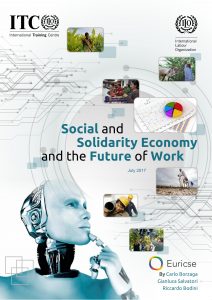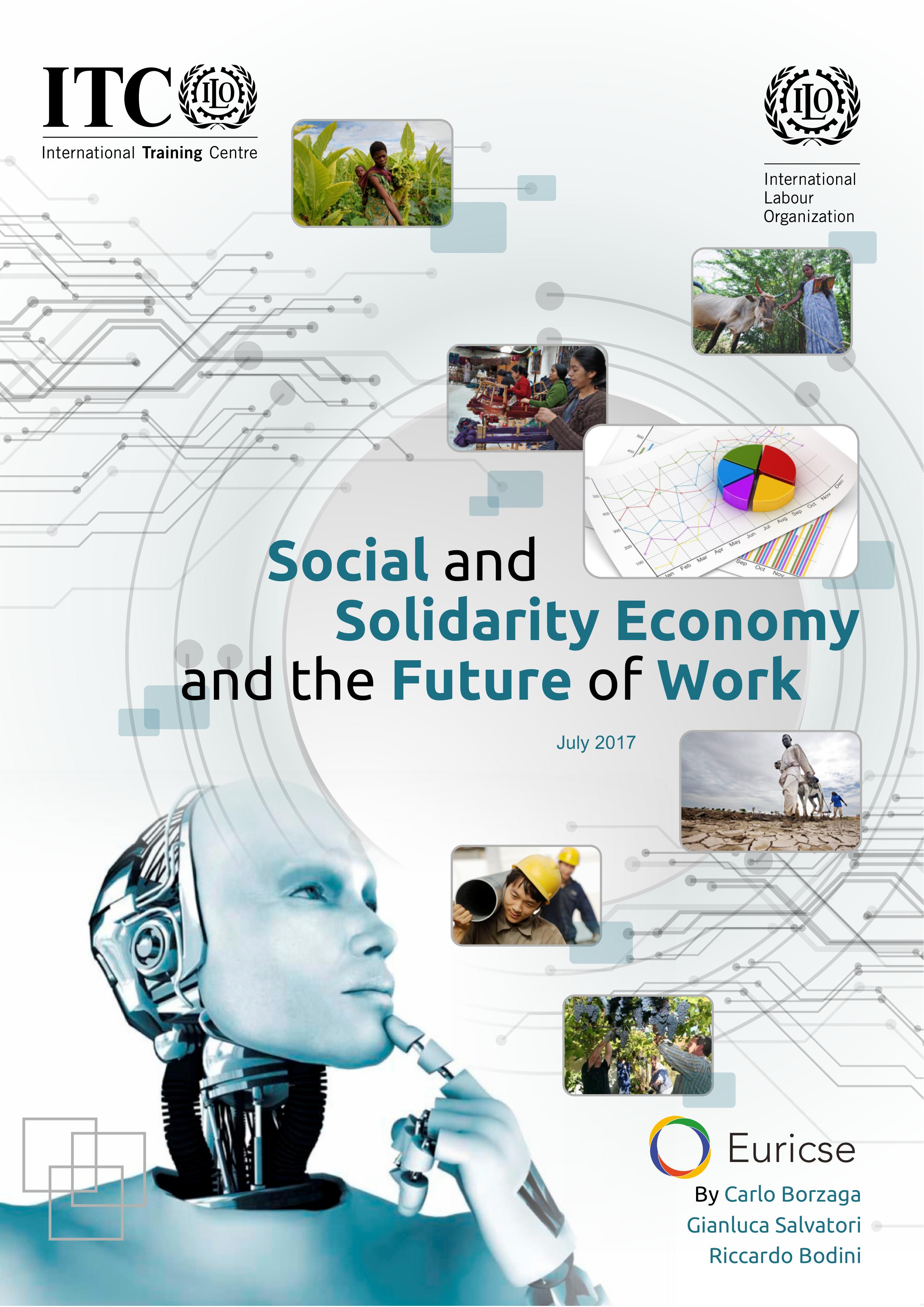Social and socidarity economy and the future of work
Can the Social and Solidarity Economy (SSE) improve the future of work at a time when more people are looking for employment, economic inequalities are higher than ever and significant economic, technological and demographic changes are threatening to reduce decent work opportunities? The International Labour Organization (ILO) asked Euricse to answer this very important question based on available research and empirical evidence.
The outcome of this work is the article “Social and socidarity economy and the future of work” which was recently published on the ILO’s web site and will be used to inform the upcoming ILO’s Social and Solidarity Economy Academy in Luxembourg.
The paper is authored by Carlo Borzaga, Gianluca Salvatori and Riccardo Bodini, and builds on the work that Euricse researchers have done in this area over the years. The first part of the paper reviews some of the most significant trends affecting the world of work today, including in particular the way in which new technologies and automation are increasingly replacing human workers, on the one hand, and the sectors that are less likely to be affected by these phenomena and more likely to grow in the near future (like personal services, for instance), on the other. In this context, significant attention is being paid to the Social and Solidarity Economy (SSE) as a viable option to help address some of these challenges. Indeed, while the SSE comprises a diverse and heterogeneous universe of organizational models and approaches, the main actors within the SSE share a set of common features that make them ideally suited to take on some of the key issues related to the future of work.
The paper then reviews the main theoretical arguments and empirical evidence on the features and role of SSE organizations, paying particular attention to their implications for the creation and preservation of decent work. The analysis shows that SSE organizations can indeed help create and preserve employment in traditional sectors and promote decent work by providing quality and stable jobs, facilitating women’s entry into the labour force, integrating disadvantaged workers and helping the transition from informal to formal employment.
